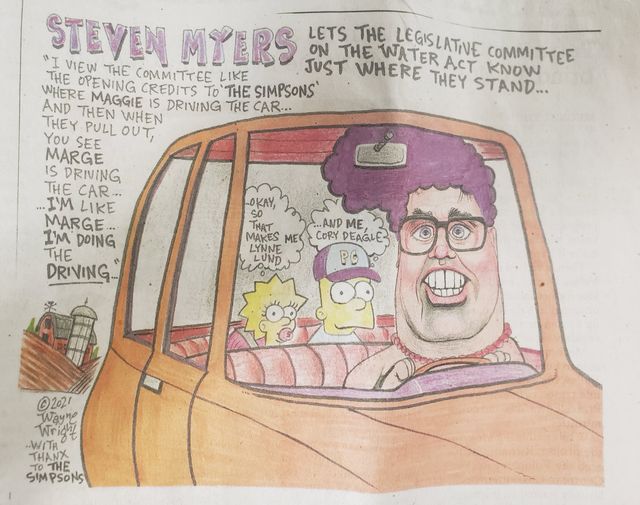Letters To The Editor
Islanders care deeply about the land. They frequently voice their opinions in the opinion pages of our local papers. We share those with you here and encourage you to peruse in order to get a snapshot of where we are in regard to protecting our precious land.
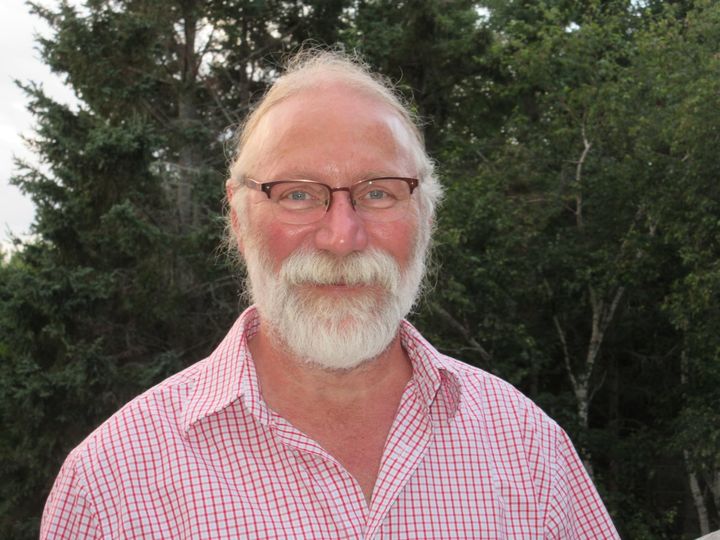
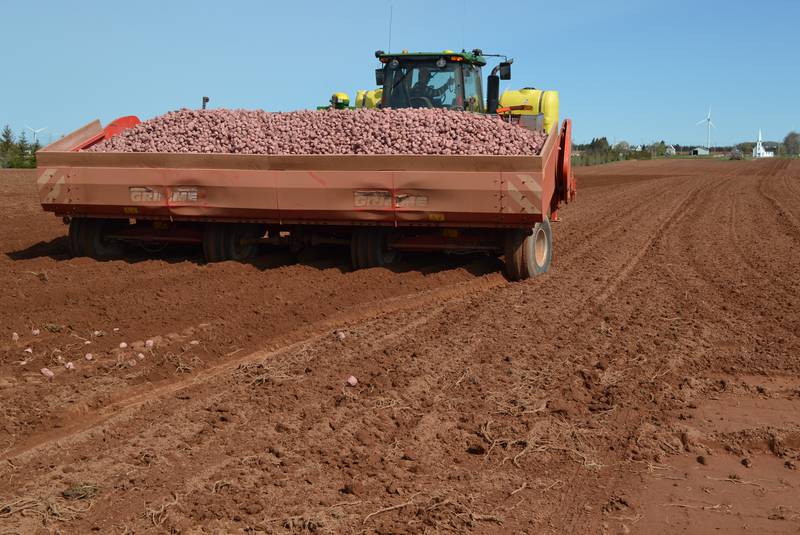
https://www.theguardian.pe.ca/opinion/local-perspectives/letter-why-do-farmers-get-priority-in-water-discussions-574602/HY DO FARMERS GET PRIORITY?
- The Guardian (Charlottetown)
There is much discussion at this time about our water supply on the Island and potato farmers creating ponds to circumvent the upcoming regulations, with our government’s approval.
My question is, why do a few farmers get priority over the entire population of the Island?
Let’s look at this with a broader stroke. The Irvings control most of the potato growing on the Island so they can produce and sell french fries and potato patties. But it comes at great cost to us all.
The question is, what is the true cost of what we are producing and what is the end product?
To live a long and healthy life, human beings need clean water, nutritious food and not be exposed to chemicals that have a negative effect on the body. So are we willing to put our water supply at risk for something that is simply not good for us?
Believe me, as human beings, we can live without the Cavendish Farms french fries and potato patties, but we cannot live without clean water to drink. What is our priority?
This PC government, and I know a few of the ministers personally, clearly are in bed with the potato industry. We need to make decisions that are good long term and for the greater good of all Islanders not just a few potato farmers.
Anne Gallant, Millvale
https://www.theguardian.pe.ca/opinion/local-perspectives/letter-low-flow-toilets-wont-make-up-for-french-fry-processing-water-loss-573754/?fbclid=IwAR3FY0OZ9_xcB-g0wq6lrEFj84s4wQzE8qb6yvzymmVGFH2EWzJRBfRlZOI#.YHBb0noD8Pw.facebook

https://www.theguardian.pe.ca/opinion/local-perspectives/letter-potato-commercials-seen-in-new-light-573245/?fbclid=IwAR0XclCwpMHi2WJ0f9T84Umrk
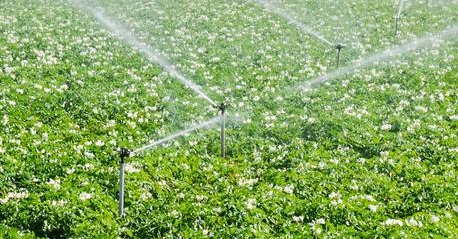
Thanks to Yanira Greener for her letter this morning about the truth behind PEI’s unsustainable potato industry. Here is full text:
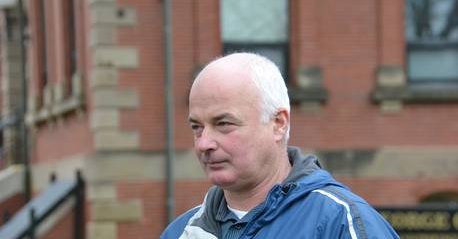
https://www.cbc.ca/news/canada/prince-edward-island/pei-beaton-lands-protection-act-audit-1.5972580?fbclid=IwAR2NIHvmw_M64w9b0MX4wPgxU1hgJSj2ejnenlmrHqi6VkD9-3A2RuMzf9s
Good to see this being raised by the opposition!
Michele Beaton wants to ensure both letter and intent of the law are being observed
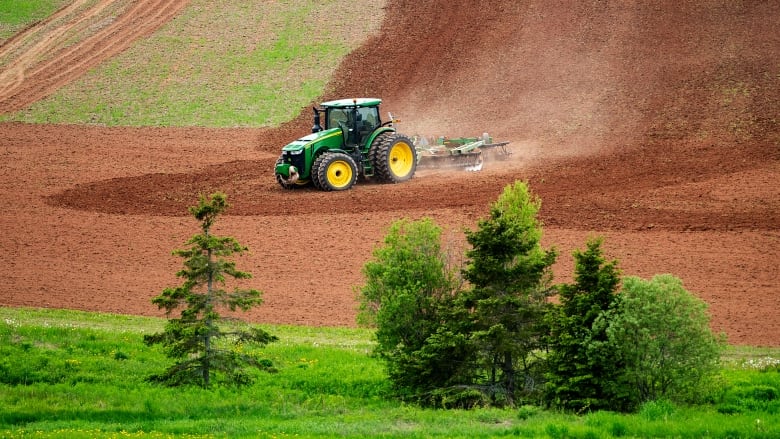
A key piece of the act sets limits on how much land individuals and corporations can own on P.E.I.
Green Party finance critic Michele Beaton stood in the legislature Wednesday to ask Premier Dennis King to direct the auditor general to conduct a performance audit on IRAC’s enforcement of the act.
“If the legislation isn’t being enforced as it currently stands, then that’s a concern all Islanders should be raising, and they are,” said Beaton.
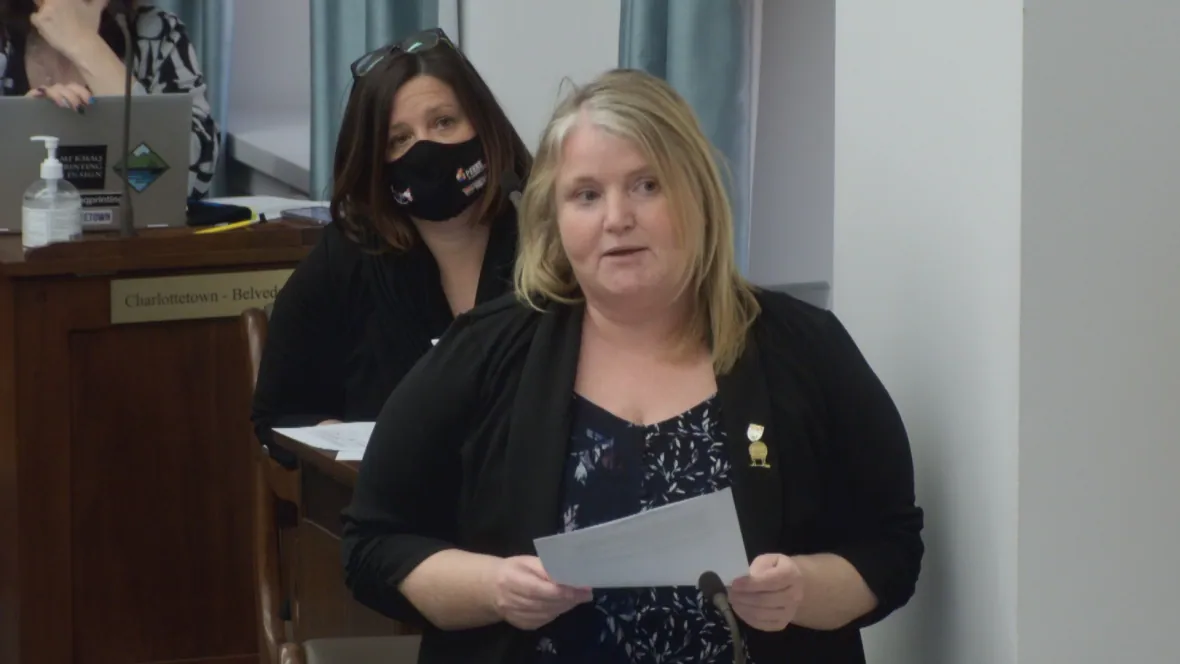
Green MLA Michele Beaton has asked questions about IRAC and the Lands Protection Act before. (Legislative Assembly of P.E.I.)
The MLA says it is important that “not just the letter of the law but the spirit and the intent of the legislation was being enforced as well.”
Beaton has raised concerns around the fact that IRAC said it does not share the results of investigations with the groups it is investigating.
She has also questioned why the minister of land had to direct IRAC to investigate a controversial land transaction in 2019, when IRAC could have launched the investigation on its own.
The premier said he would take Beaton’s request under advisement and report back next week.
https://www.theguardian.pe.ca/opinion/local-perspectives/letter-time-to-show-leadership-on-environmental-issues-569812/?fbclid=IwAR1sYLmjDQOZT9k-za0gzkT7-AO1vovDpeYa6e33GVgiWekHc7bwNG0xouA#.YGMWJLzcXnc.facebook

Thanks going out today to Jeanne Maki for this insightful analysis into the latest in what is becoming a long list of promises of “collaboration” gone awry. Full text here:
Thanks to Johnny Smak for this letter today.
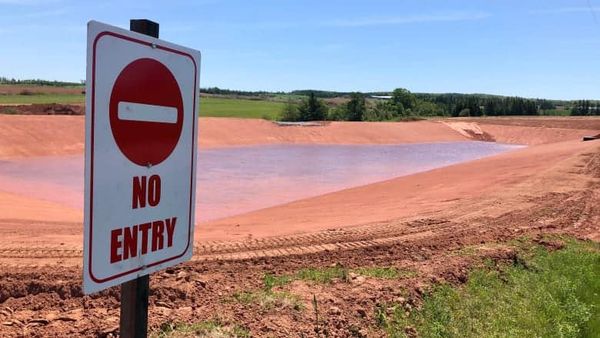


Government more responsive to industry than its citizens
Mar 10, 2021

Dear Premier King and Minister Myers,
We are certainly glad to learn the Water Act will be proclaimed in June. This is long overdue. It will have been seven years since the process began and 3 ½ years since the act was passed in the legislature. Six Ministers of the Environment have presided over the slow progress of this act.
And while there are many good features of the Water Act, and there have been times when a truly consultative, collaborative and respectful relationship between government and people deeply concerned about water seemed possible, the content of Minister Myers’ announcement on February 19 makes two things perfectly clear: Government cannot be trusted to protect PEI water; The voice of industry is far more important to government than the voice of the people.
As individuals and as members of organizations we have joined together in a Coalition to Protect PEI Water. We have spent thousands of hours over many years advocating for the Water Act and participating in its development. We met with each minister. We contributed many of the 52 excellent presentations to the Water Act consultations. The Coalition has been thanked in the legislature for its meaningful contribution to the act. We did not profit from our work; we have had no private stake or interest. Joining together with a collective purpose, we worked to protect a public trust, and a common good, the health of water and ecosystems on behalf of all Islanders.
The announcement about the proclamation of the act clearly reflects how much government has responded to the powerful voices of industry, and how little they have heard or cared about the voices of many concerned Islanders.
While the Water Act will keep the moratorium on high capacity (HC) wells, it will allow for the construction of five new wells that are approved for ‘scientific study’. You have continued to leave the door wide open for the development of holding ponds for agricultural irrigation. The wells for these ponds require no permit for water extraction. Premier King told us he thought holding ponds were worse than HC wells: previous Minister Brad Trivers recognized holding ponds as an attempt to get around the moratorium on HC wells: a proposal for a moratorium on holding ponds was passed by the legislature and then Minister Natalie Jameson and current Minister Steven Myers voted to support that moratorium. But then the moratorium was not implemented, stalled for ‘legal reasons.’
The long delay in creating regulations and proclaiming the Water Act was a golden opportunity for some to dig holding ponds, and this happened and continues to happen across the province. There will be no need for those wells to be compliant with the Water Act regulations within five years (the current Standing Committee on Natural Resources and Environmental Sustainability recommended compliance within two years), because those regulations have changed.
The grandfathering of holding ponds is an outrageous violation of the spirit of the Water Act, an act that so many Islanders have worked so hard to create. It challenges the very ideas that water is a common good and a public trust. It is a clear indication that government is more responsive to the power of industry than to the voices of its citizens.
This is part one of a letter sent to the premier and Minister Myers. Part two of the letter will present the actions we ask government to take on holding ponds, signed by organizations who are members of the Coalition for Protection of PEI Water.
Don Mazer and Ann Wheatley,
on behalf of the Coalition for the Protection of PEI Water
Hilarious, but a little too real after Steven Myers basically told the legislature that while he would gladly accept recommendations from the Committee for natural resources and sustainable Environment committee, he would make any decision he wanted to. True to his word, he ignored every recommendation.
